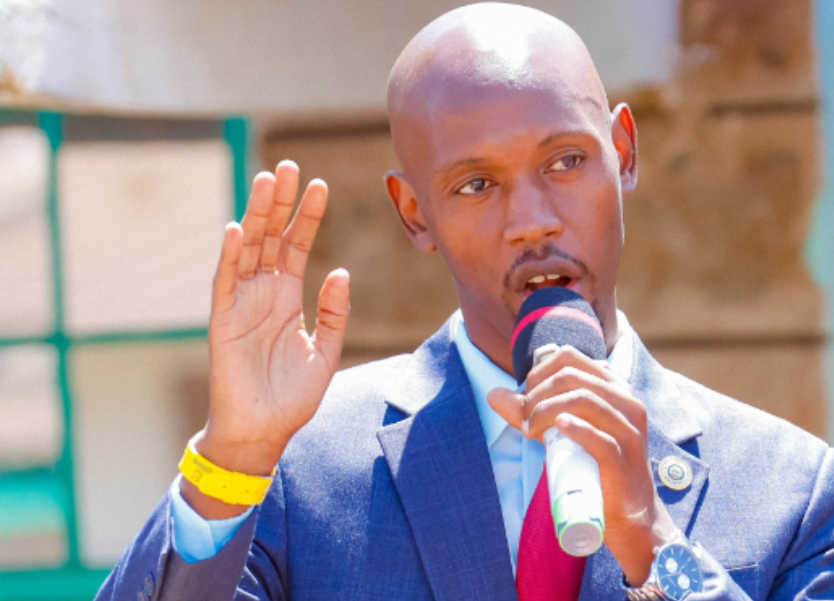The Motorists Association of Kenya has accused authorities of suffocating Nairobi’s nightlife through what it describes as indiscriminate and punitive alcoblow crackdowns. In a strongly worded statement released on Sunday, the association argued that the enforcement of drunk-driving laws has shifted from road safety concerns to harassment and extortion.
According to the group, motorists in Nairobi are frequently subjected to random checkpoints stationed at nearly every exit from the Central Business District (CBD). Many drivers, they claimed, endure humiliation, coercive detentions, or bribe demands even after consuming minimal amounts of alcohol. The association contends that this heavy-handed approach criminalises moderate social drinkers, discouraging residents from going out and draining vibrancy from the city’s evenings.
“Tell Geoffrey Mosiria the truth,” the association said, responding to remarks by Nairobi’s Chief Officer for Environment, who recently urged club owners to return to the CBD to restore its economic vibrancy. The group insisted that in developed jurisdictions, motorists are only arrested after exhibiting reckless or impaired behaviour, while in Kenya enforcement is blanket and punitive.
The association further noted that the ripple effect of these operations has been both cultural and economic. Social clubs, restaurants, estate centres, and even malls that relied heavily on evening traffic have reported dwindling numbers, leading to widespread job losses and declining revenues. They also accused enforcement officers of targeting professionals in affluent suburbs, who can easily be coerced into paying bribes.
Beyond enforcement, the Motorists Association criticised moralistic campaigns urging citizens to “take a cab” or “designate a driver,” saying such narratives ignore the realities of how cities function. Instead, they called for “intelligent policing” that focuses on reckless offenders rather than ordinary citizens enjoying moderate social drinking.
In contrast, Chief Officer Mosiria has argued that moving clubs back into the CBD would not only revive nightlife but also help curb noise pollution in residential neighbourhoods. However, the association insists that without reforms in alcoblow enforcement, such efforts will fail to reignite the city’s evening economy.

